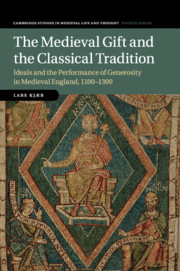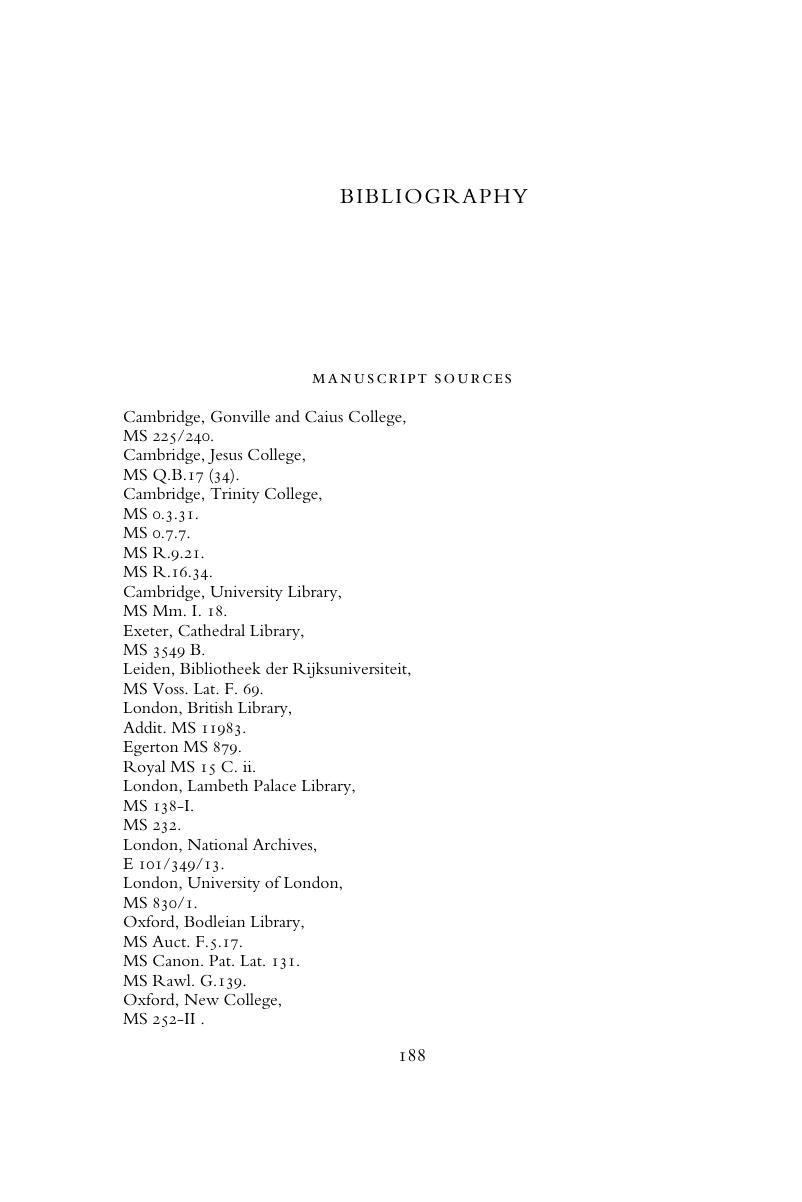 The Medieval Gift and the Classical Tradition
The Medieval Gift and the Classical Tradition Book contents
- The Medieval Gift and the Classical Tradition
- Cambridge Studies in Medieval Life and Thought Fourth Series
- The Medieval Gift and the Classical Tradition
- Copyright page
- Contents
- Acknowledgements
- Abbreviations
- Chapter 1 Introduction
- Chapter 2 The Gift in Classical Literature
- Chapter 3 De Beneficiis in Medieval Contexts
- Chapter 4 Writing Generosity
- Chapter 5 Sanctifying Generosity
- Chapter 6 Romancing Generosity
- Chapter 7 Performing Generosity
- Conclusion
- Bibliography
- Index
- References
Bibliography
Published online by Cambridge University Press: 10 August 2019
- The Medieval Gift and the Classical Tradition
- Cambridge Studies in Medieval Life and Thought Fourth Series
- The Medieval Gift and the Classical Tradition
- Copyright page
- Contents
- Acknowledgements
- Abbreviations
- Chapter 1 Introduction
- Chapter 2 The Gift in Classical Literature
- Chapter 3 De Beneficiis in Medieval Contexts
- Chapter 4 Writing Generosity
- Chapter 5 Sanctifying Generosity
- Chapter 6 Romancing Generosity
- Chapter 7 Performing Generosity
- Conclusion
- Bibliography
- Index
- References
Summary

- Type
- Chapter
- Information
- The Medieval Gift and the Classical TraditionIdeals and the Performance of Generosity in Medieval England, 1100–1300, pp. 188 - 216Publisher: Cambridge University PressPrint publication year: 2019


